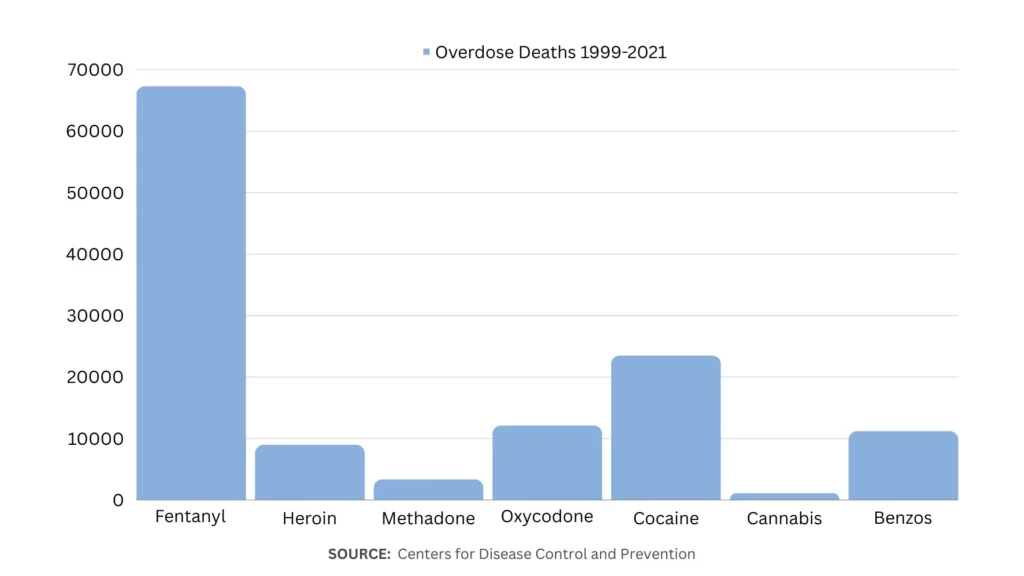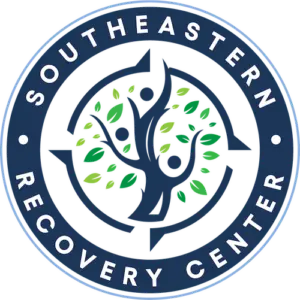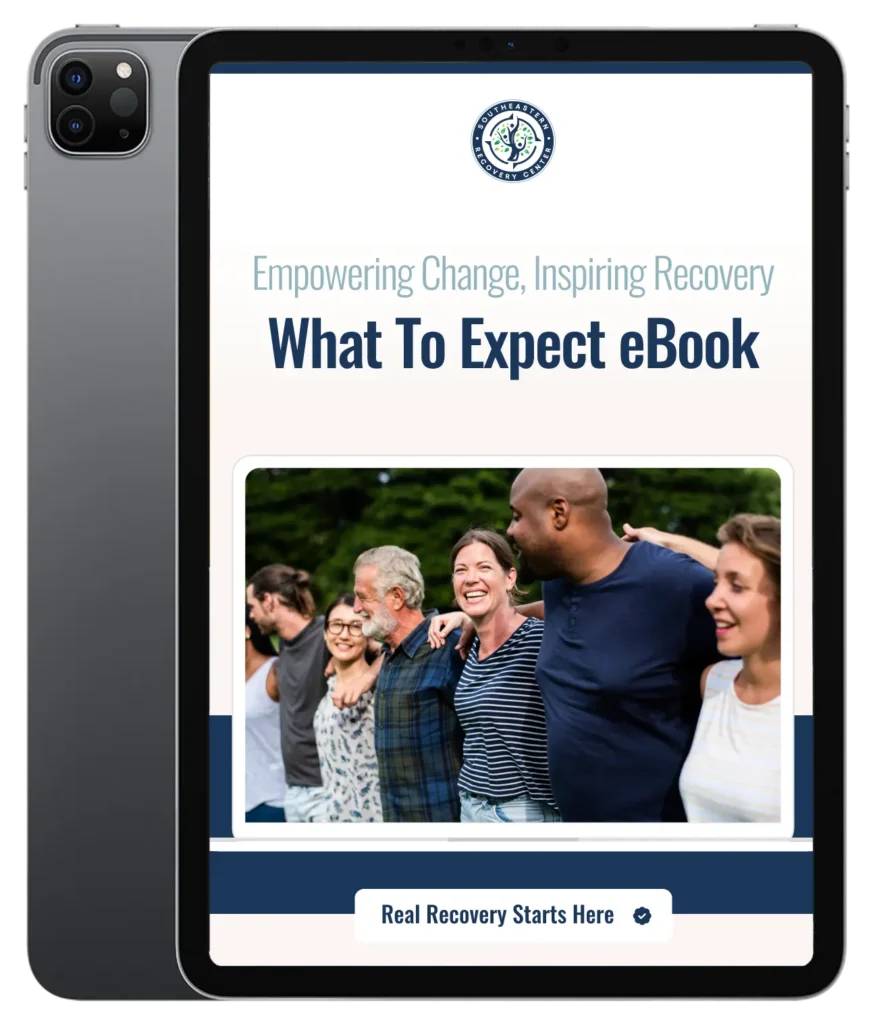Fentanyl is a potent synthetic opioid that is prescribed to manage severe pain and has gained notoriety for its high potential for abuse and addiction. The National Safety Council reported that the fentanyl category of drugs, which includes fentanyl, fentanyl analogs, and tramadol, accounted for 67,325 preventable deaths in 2021 – a 26% increase over 2020.

When someone finds themselves trapped in the grip of fentanyl addiction, a common question asked is, “How long does it take to detox from fentanyl?” Detoxing from fentanyl is a critical step toward recovery from fentanyl addiction, but it is often complex and challenging. Learning how to overcome fentanyl addiction, the timeline for fentanyl detox, and the importance of seeking professional help are key factors in discovering how to overcome addiction to fentanyl and detoxing from it safely.

Understanding Fentanyl Addiction
Fentanyl is more potent than other opioids like morphine and heroin – making it highly addictive. The drug binds to the receptors in the brain that control pain and emotion, creating a powerful sense of euphoria when it is abused.
Due to fentanyl’s strength, it is possible to develop a tolerance to it quickly. As tolerance builds, it requires higher and higher dosages to achieve the desired effect. This escalating dose pattern leads to a physical dependence, where the body adapts to the presence of fentanyl, increasing the chances of withdrawal symptoms when the drug is not present in the bloodstream.
The Fentanyl Detoxification Process
Detoxification, or detox, is the process of clearing a substance from the body. When it comes to fentanyl addiction, detox aims to safely manage and alleviate withdrawal symptoms while the drug is eliminated from the system. The amount of time it takes to do this varies from person to person and depends on several factors.
- Duration of Use – One of the primary factors of how long fentanyl detox will take is the duration of use. People who have used fentanyl for an extended period are likely to experience a more prolonged and challenging detox process.
- Dosage – The amount of fentanyl used regularly also plays a significant role. Higher doses often lead to more severe withdrawal symptoms and a longer detox period.
- Frequency of Use – Frequent use of fentanyl can lead to a faster development of tolerance and, consequently, a more intense withdrawal period.
- Individual Physiology – Each person’s body is unique, and factors like metabolism, genetics, and overall health can affect how long it takes to detox from fentanyl.
- Method of Use – The method of fentanyl consumption can influence the detox process. Those who inject or smoke the drug may experience a faster onset of withdrawal symptoms compared to those who take it orally.
- Support and Treatment – Having professional medical support during detox can make a significant difference in the experience and duration of withdrawal. Medications and therapy can help manage symptoms and facilitate the detox process.

The Timeline for Fentanyl Detox
The amount of time it takes for fentanyl detox varies from person-to-person, depending on factors like duration of use, amount used, and physiological factors. With that said, it is possible to give a general idea of what to expect during the process and the amount of time it takes to achieve full fentanyl detox.
Day 1-3: The first 24 to 72 hours after discontinuing fentanyl use are typically the most challenging. During this time, withdrawal symptoms peak. Common symptoms include intense cravings, muscle aches, nausea, vomiting, diarrhea, and anxiety.
Day 4-7: After the initial acute phase, symptoms may gradually begin to subside. However, individuals may still experience lingering discomfort, insomnia, and emotional distress.
Day 7-14: By the end of the first week or the beginning of the second, most of the physical withdrawal symptoms should have diminished. Psychological symptoms, such as depression and anxiety, may persist.
Weeks 2-4: During this period, individuals may continue to experience psychological cravings and emotional challenges. It is essential to have ongoing support and therapy to address these issues.
Beyond Week 4: While the acute withdrawal phase has ended, recovery from fentanyl addiction is an ongoing process. Long-term treatment, including counseling and support groups, is crucial for maintaining sobriety.
The Importance of Seeking Professional Help with Fentanyl Detox
Detoxing from fentanyl can be an extremely uncomfortable and sometimes dangerous process. Due to the intense physical and psychological symptoms, attempting to detox without medical supervision is not recommended. Seeking professional help can provide several benefits, including:
- Safety – Medical professionals can monitor your condition and intervene if any complications arise during detox.
- Medication-Assisted Treatment (MAT) – MAT involves the use of medications like buprenorphine or methadone to help manage withdrawal symptoms and reduce cravings. These medications can make the detox process an easier experience overall.
- Psychological Support – Therapists and counselors can provide emotional support and teach coping strategies to deal with cravings and triggers.
- Relapse Prevention – A structured detox program can also incorporate relapse prevention techniques to increase the likelihood of maintaining sobriety after detox.
- Continuum of Care – Professional treatment programs often offer a continuum of care, which includes ongoing support and rehabilitation to address the underlying causes of addiction.
Fentanyl Detox Help in NC
Detoxing from fentanyl is a critical step in the recovery process, but it comes with challenges that can vary from person-to-person. Incorporating a trained and compassionate support system during this time can make the detox process easier – strengthening the positive outcome of a life free from fentanyl addiction.
Attempting fentanyl detox on your own is not recommended due to the severity of the withdrawal symptoms and potential complications. Seeking assistance from a medical detox program or addiction treatment center can provide necessary support, medication, and therapy to make the process more manageable. In North Carolina, Southeastern Recovery Center can help you navigate the complexities of fentanyl detox. If you or a loved one is fighting a battle with fentanyl addiction, let Southeastern Recovery Center shed some light on the path to sobriety. Our trained staff can help you navigate the fentanyl detox journey, answering your question, “How long does it take to detox from fentanyl?” We individualize each treatment plan, making your detox and recovery as unique as you are. Call us today to learn more about fentanyl detox and how to take the first step toward a sober life.






